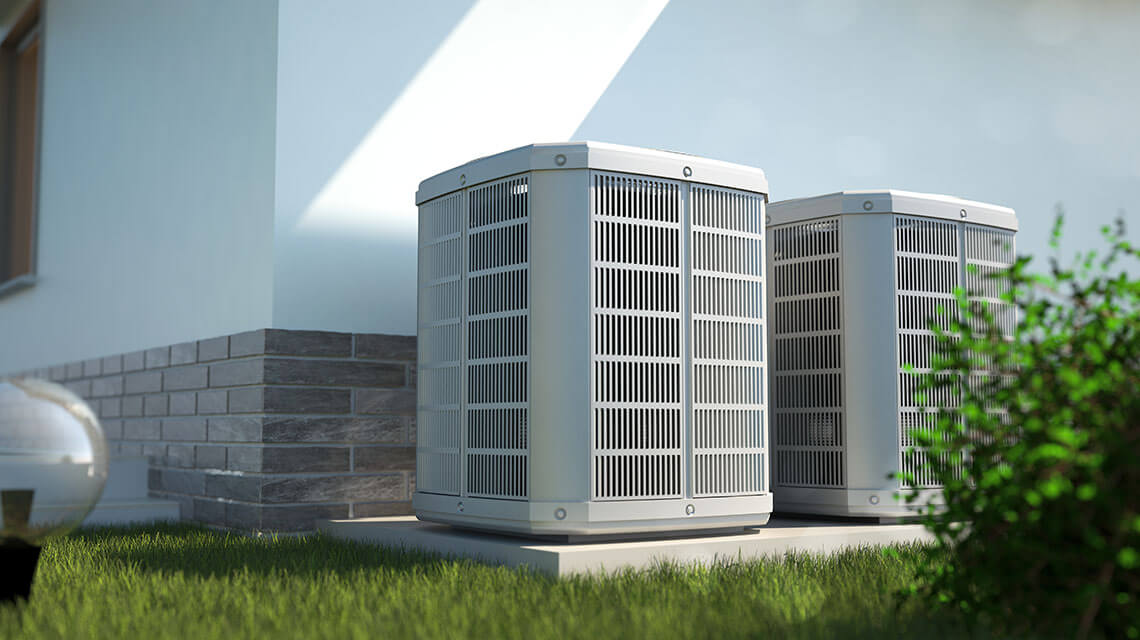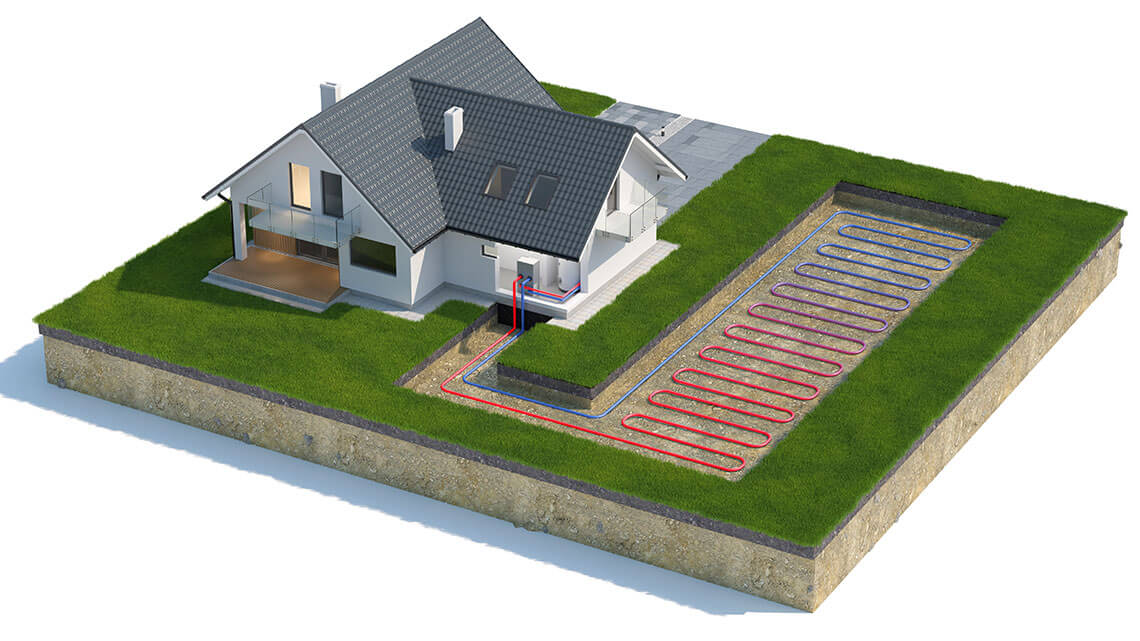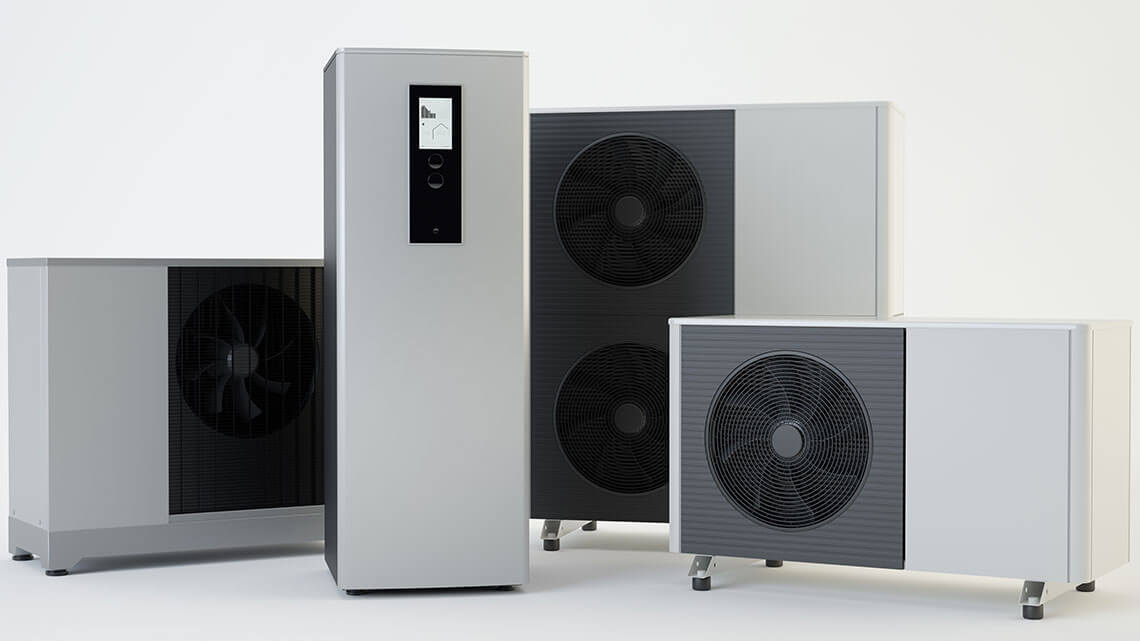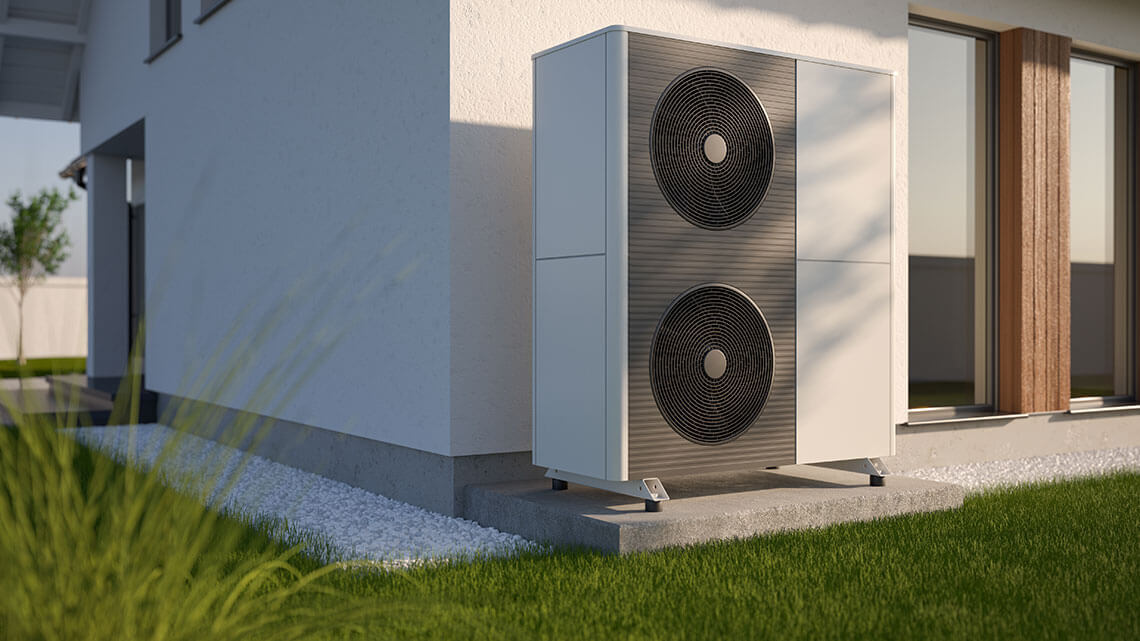Heat pumps are a relatively new technology in Britain. However, they have been used in Scandinavia
and other parts of Europe for a long time. You will also find the heat pumps growing popular these
days in countries with renewable electricity.
Heat Pumps Services across the UK
Future of Heating
The best part of heat pumps in Whitburn and their functioning is that you don’t need a
lot of electricity. These devices can achieve efficiency levels of 300% to 400% because the heat produced is significantly more than the energy consumed.
This energy is used to power the various parts of the heat pump – such as the fan, compressor, and circulating pumps – which work together to extract heat from the environment and transfer it to the hot water system. Moreover, advances in technology in recent years have enhanced the efficiency and market value of heat pumps, making them a viable alternative to fossil fuels.
Not just that, you can even receive financial support while you’re at it as per the Boiler Upgrade Scheme in the UK. Why?
Well, the government aims to promote heat pumps as much as possible since these work in consignment with the UK government’s 2050 Net-zero targets. As such, the UK government has planned to offer up to £5,000 under the Boiler Upgrade Scheme (previously known as Clean Heat Grant) to aid households in installing heat pumps and similar low-carbon heating systems. Through these steps, their main aim is to reduce the country’s dependence on fossil fuel heating.
So, invest in these true energy-saving heat pumps in Whitburn! Fill out the contact form today
and receive the best quotes.

What Are the Three Major Types of Heat Pumps?
There are three significant subtypes of heat pump systems – ground source heat
pumps, air-source heat pumps, and water source heat pumps. Let us discuss each type to further your
understanding of each.
Air Source Heat Pump
Air source heat pump are effective in moderate climates, such as the UK. You will usually
find an air source heat pump on the side of the building, where it takes the air
from the outside and transfers it through compression and two conductive copper tubing-made coils.
Whenever there is a requirement for any heating, the liquid refrigerant in the other coil takes the
heat from the air and vaporisers, passing it into the inner coil. In air-to-air heat
pumps, this gas turns into liquid form and produces all the warmth you need for the
household heating system.
Geothermal Heat Pumps
Ground source or geothermal heat pumps are instrumental in extracting heat from
sources other than the outside air. These heat pumps take up the natural heat in the ground and use
them to run their system. Moreover, these heat pumps work with multiple heat pipes laid in the
ground.
However, geothermal heat pumps would be more efficient than air-source heat pumps. A
simple reason behind this is that the ground temperatures are much more fixed than the air.
The only negative with ground source heat pumps is that they would be much more expensive than the
other options.
Water Source Heat Pump
A water source heat pump operates by extracting heat from water bodies such as lakes, rivers, ponds, or boreholes. This sourced heat is increased in temperature through electricity and is then sent to taps, geysers, and the underfloor
heating in your home.
So, it is an excellent option to replace your original home gas boiler with these pumps, given their
effectiveness and low power consumption. As such, more and more people are edging towards the use of
a water source heat pump.

What Is the Cost of These Heat Pumps?
Heat pumps are the perfect way to enable heating systems in your house at the best running cost and
the lowest energy consumption. Moreover, they are highly eco-friendly, so you also save the
environment while you are at it!
The average pricing for an air source heat pump in Whitburn would vary between £5,000 and £8,000
(excluding the installation costs). While this is not a cheap investment, it will surely give you
many long-term benefits.
Additionally, our suppliers-provided heat pump systems are brought to you at a much
lower price than market values. So, contact us today to get a free quote!
Government Schemes for Heat Pump Installation in the UK
You can also explore some solid government schemes in the country which support the installation of heat pumps in households. The most notable one was the Renewable Heat Incentive, which has now been replaced by the Boiler Upgrade Scheme. This scheme offers grants of up to £5,000 to help cover the cost of installing low-carbon heating systems, including heat pumps, in homes across England and Wales
Additionally, for residents in Scotland, the Home Energy Scotland Loan offers up to £38,500 per home for energy efficiency improvements and renewable technologies, along with cashback grants of up to £7,500. There's also the Warmer Homes Scotland scheme, which provides free installations of energy-saving measures to households who meet certain criteria.
These incentives and schemes demonstrate the UK government's commitment to reducing reliance on fossil fuels and advancing towards the 2050 Net-zero targets.

The Positives and Negatives of Using Heat Pumps
Heat pumps are no doubt the future of heating. With the increasing government attention to this form
of heat generation, sooner or later, heat pumps will be a non-negotiable part of our lives in Whitburn.
Now that it is clear that heat pumps are here to stay let’s look more analytically into the pros and
cons of using those pumps in your home and offices.
Pros
The most significant benefit of a heat pump is that it is highly energy-efficient when you compare it
with a furnace operated through gas. Since electricity rates are much cheaper than natural gas, your
overall costs will be less.
Additionally, the heating and cooling supplied through this electricity are much more than it uses.
These pumps are also safer means for you and your loved ones since they reduce the harmful effects
of carbon monoxide poisoning. You will also be safe from fatal situations like that of a gas
leak.
Another great advantage of heat pumps is that they evenly distribute the heat in the space, reducing
the cold spots in your home. Moreover, heat pumps can provide you with both heating and cooling at
the same time.
Cons
Although heat pump benefits are many, like any good thing, it also comes with a few
negatives. For instance, buying heat pumps in an area where the temperatures fall below zero might
not be the best decision.
Since there will be no heat outside, extra electricity will be used to bring heat inside the home-
leading to higher running costs.
During this cold weather, the ineffectiveness of heat pumps may prompt you to buy an additional heat
source to ensure your home is warm. To add to that, the overall installation cost and purchase of a
heat pump are much more than that of a gas or oil-burning furnace.
Along with higher installation costs, the life cycle of that these heat pumps is shorter than that of
other systems too.

Factors to Keep in Mind Before Purchasing a Heat Pump
If you are still reading, we are pretty sure you are genuinely interested in buying heat pumps, and
they would readily suit your home. So, let us quickly consider the factors as you make this
purchase.
Warranty Periods of Heat Pumps
Generally, you will find heat pump systems with a 2 to 3-year-long warranty, and you can even
purchase an extended warranty!
Planning permissions for heat pumps
Heat pumps usually fall under the favourable renewable energy category, so planning permissions are
not necessarily required. Although, in some cases, you would have to ask for permissions such
as:
Permissions for GSHPs
You would have to touch base with the local council to ensure that you have met all the requirements
before installing a GHSP, specifically if you reside in a listed building or conservation area.
Permissions for ASHPs
The rules for ASHPs will vary in England, Scotland and Wales. Kindly check their local council pages
to gain more information.
Permissions for WSHPs
You wouldn’t require permission for closed-loop WSHPs unless you live in some conservation area.
On the other hand, open-loop systems change the natural temperature of the water and the thermal
plumes, which then affect the hydrochemistry and bacterial levels of the water body. So, per
different systems, specific licenses from the Environment Authority would be needed to divert the
groundwater.
Maintenance of Heat Pumps
Most heat pumps usually last round 20 to 25 years, depending on the maintenance of the device. With proper check-ups and regular maintenance, the lifespan of these pumps can be significantly extended.
In terms of maintenance, it’s important to be proactive. The pump should be serviced once a year to ensure it's operating efficiently. You can personally inspect the pump annually to check its details and specifications.
You will so have to give special attention to the heat pump in winters by defrosting it manually.
The maintenance requirements are pretty low, with
the primary checking happening just before you start using the device.
Get the Best Heat Pump Supplier In the UK at Your Doorstep
Are you convinced that heat pumps are one of the best decisions you could make for your home in Whitburn?
If yes, here comes the good part! We, as a leading heat pump supplier, are
determined to help you on the path to getting the best quality and the best-priced heat pump
installed in Whitburn.
Have any questions to ask?
Connect with us at the earliest to clear all your doubts and begin your journey toward the best heat
pumps! You will not regret it.





